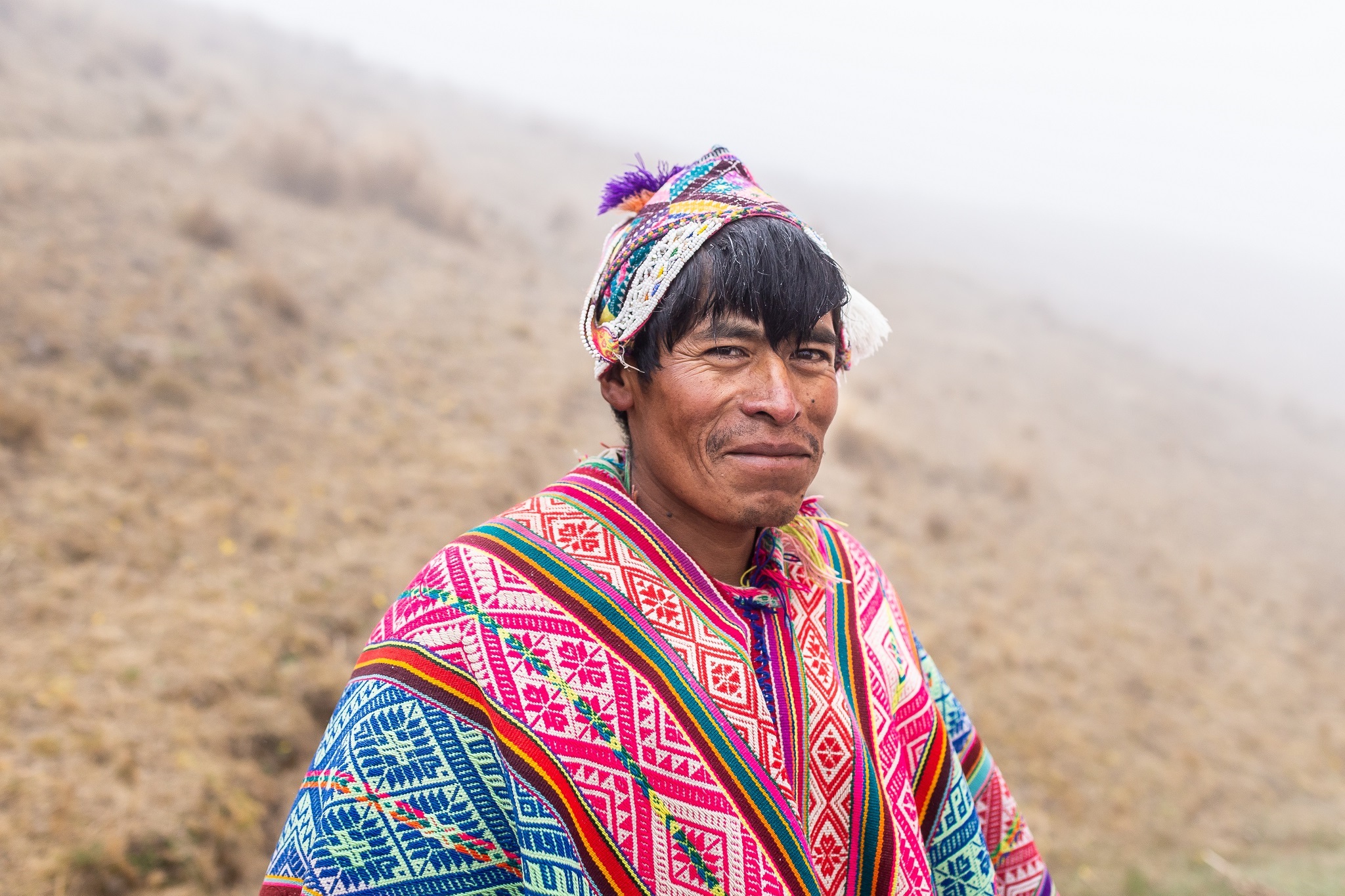
Alterfin & Humundi : “We exist for the same reason”Two levers, one common mission
Alterfin & Humundi : “We exist for the same reason”Two levers, one common mission
How can we reawaken a sense of hope in the current political climate? Benoît De Waegeneer, General Secretary of Humundi (formerly SOS Faim), and Caterina Giordano, Chief Impact Officer at Alterfin, discuss this issue in this joint interview. And they seem to agree on the answer: people must be given the means to act. The interview was also an opportunity to look back on the 30-year synergies between our organizations, both of which are committed to the agricultural transition and solidarity financing.
When did Alterfin and Humundi cross paths?
B.W.: Soon after Alterfin was founded, in the early 1990s. Alterfin was established as a result of an analysis within the NGO sector, which was looking for a new model to support income-generating activities for farming communities in the Global South. Humundi, or SOS Faim as it was known at the time, was already active in microfinance. We soon joined the adventure, becoming an Alterfin co-op member and joining its Board.
C.G.: Before that, the two organizations had worked together in the field, specifically in Peru. Later, Humundi launched a guarantee fund there, FOGAL, which partly guaranteed Alterfin’s investments.
What do Alterfin and Humundi have in common? And how are you different or complementary?
C.G.: We exist for exactly the same reason: we want to support vulnerable communities by empowering them to work in sustainable agriculture and through microfinance, while protecting the planet. To do that, we both identify partners with high potential for impact in agriculture and microfinance. As for what makes us different, it’s the way we do this and the stage at which we step in. At Alterfin, we invest in partners who have already achieved a certain degree of financial viability.
B.W.: At Humundi, we identify these partners at an earlier stage, when we feel they have the potential to become viable. We provide them with organizational, technical and agronomic support.
In fact, many of our agricultural partners are likely to benefit from Alterfin’s support later on.
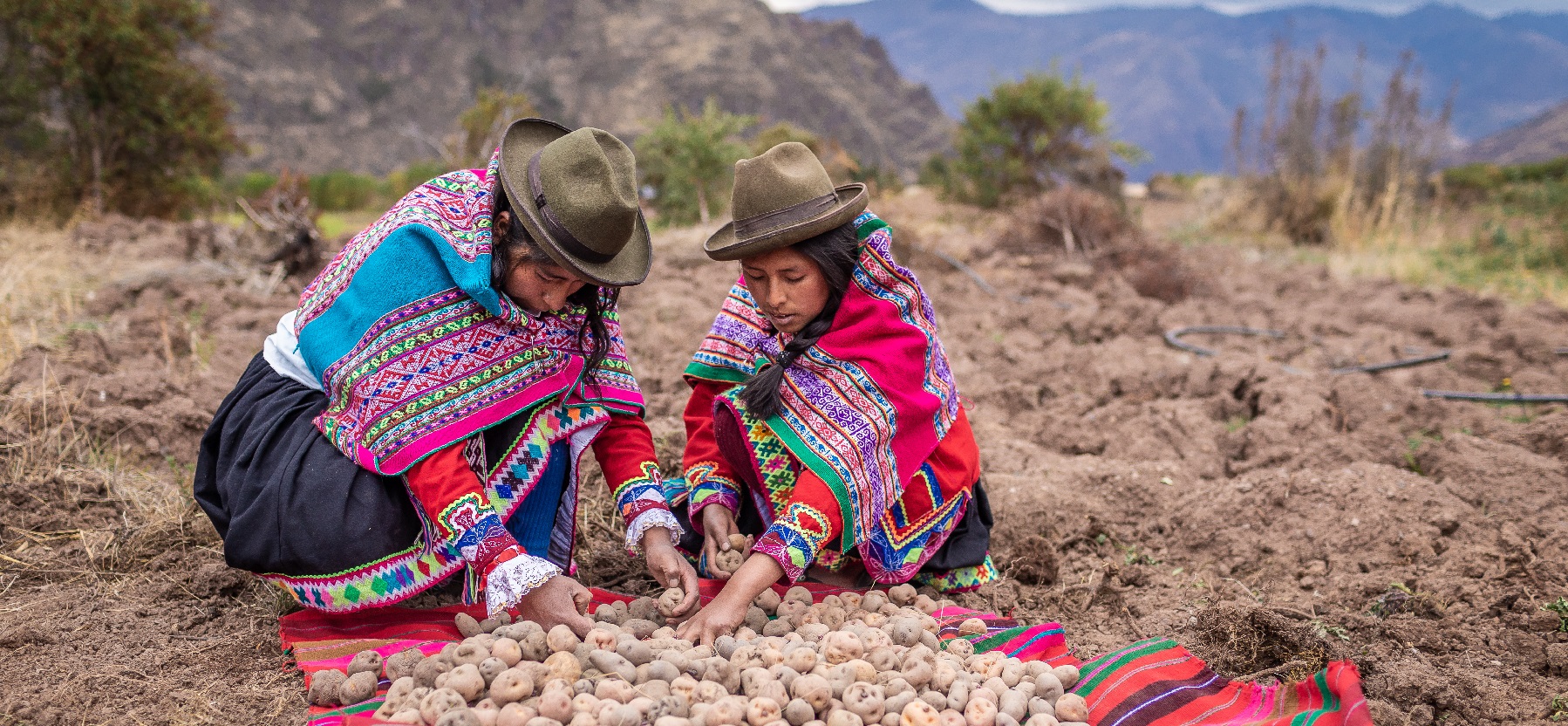
© Humundi
What do you like best about what the other organization does and how it goes about things?
B.W.: Alterfin really targets the “missing middle”, by investing in organizations that wouldn’t otherwise receive any financing, which I think is invaluable. Just like us, you focus on a difficult but important sector. In the end, we share the same goal: we want to prove that economic alternatives are possible and viable. To do that, we’re constantly asking ourselves how we can reduce the risk of investment for economic players, particularly in complicated political contexts.
C.G.: That’s why I’m so grateful for the FOGAL guarantee fund, which still guarantees Alterfin’s loans. It plays a vital role, giving us the flexibility to “test” new, riskier investments.
B.W.: That’s what we want to encourage. Lots of financial players focus their investments in urban areas, for instance. But like you, we want to work in rural areas, because that’s where there’s major potential for change.
Alterfin is celebrating its 30th anniversary. What has changed over the last 30 years?
C.G.: Today, there are far more impact investors and ESG funds. But most aren’t really involved in socially responsible finance. It’s not enough to invest in projects with a “limited impact” on the environment.
We need to do more than just damage control; we need to fix the damage and change the system.
B.W.: In the countries where we operate, we’re seeing growing interest in agroecology from public authorities. People are finally starting to see it as a real alternative. Recently, one of our microfinance partners told us that they now consider an investment in agroecology to be less risky than an investment in traditional agriculture. That just goes to show how much things are changing.
However, access to financing remains difficult. While it’s easy enough to invest in existing business models, just 0.8% of global climate financing goes to family-run farming businesses, even though they could play a major role in preserving the environment. Ironically, they’re the first victims of climate change, for which they bear the least responsibility!
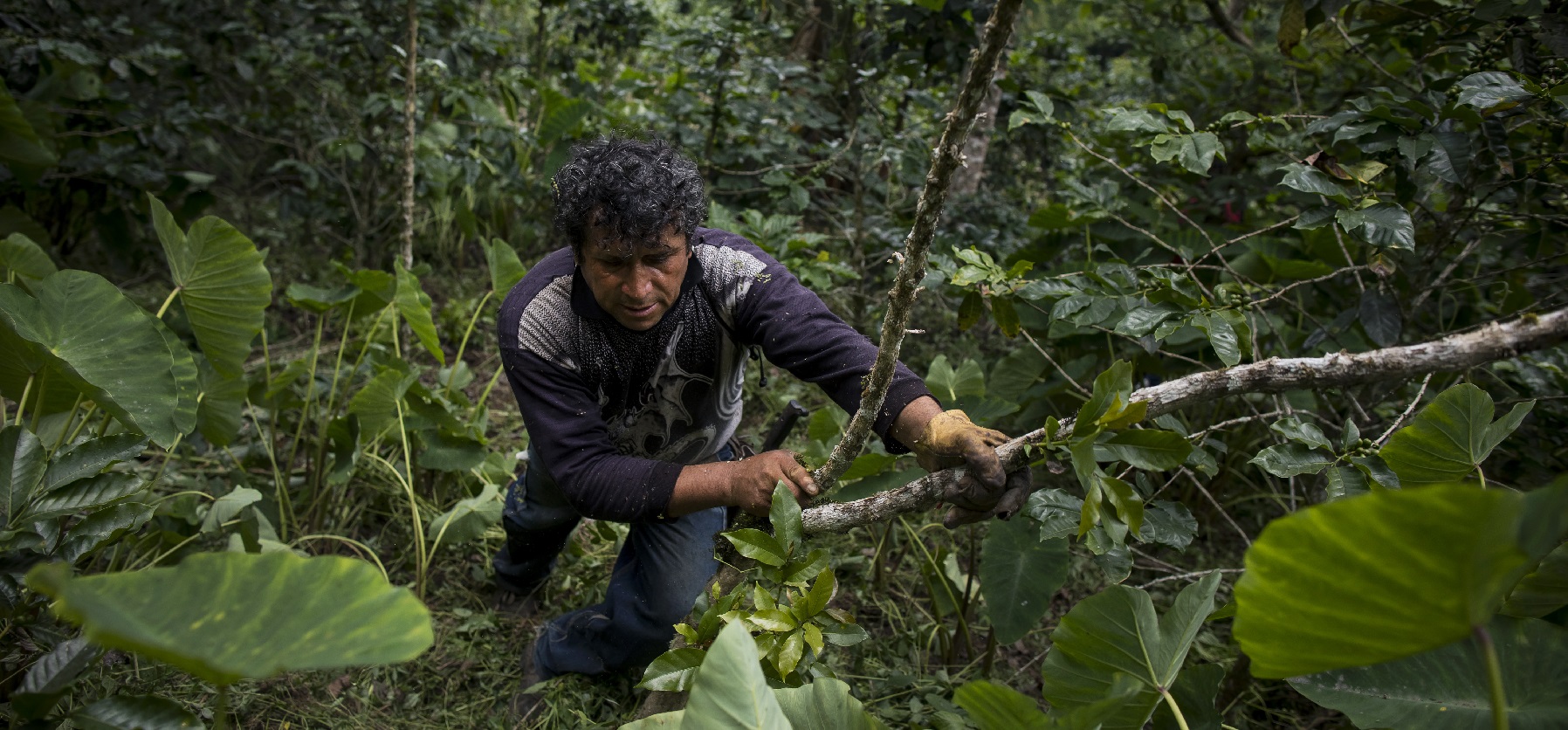
© Alterfin
This situation is unlikely to improve, with declining investment in the environment, climate and development cooperation.
B.W.: Today’s politicians like to construct a narrative that seems logical at first glance: the world is in turmoil, so we need to invest in defense to restore stability. But what is development cooperation if not an effective investment in stability?
The Belgian government deciding not only to cut subsidies for NGOs but also to put an end to the tax relief on charitable donations makes zero sense to me. The subsidy cut seems to imply that there’s a desire to entrust the private sector with greater responsibility for solidarity. But what message does it send to put an end to the tax benefits of donations?
C.G.: It’s difficult not to see this as a deliberate strategy to undermine the system. But the logic is flawed, because ultimately nobody stands to gain anything from it. Let’s be honest: if we want to avoid war and mass migration, then wouldn’t the most logical course of action be to invest in ways to provide people with opportunities to make a decent living in their own countries?
There’s still this widespread misconception: no, making a donation or investing responsibly is not mere charity. It’s investing in the planet, reducing poverty and therefore investing in the future.
Is it difficult to stay positive in this bleak climate? Where do you find hope and how do you convey that hope to your members, supporters and partners?
C.G.: Our partners are much more resilient than we think; they are used to adapting to change. But it’s true that the current context is depressing. And yes, we have seen co-op members leave recently because there’s no longer any tax relief on their investment. But I believe that in the current context, we will be able to attract other members, who will join for the right reasons.
When faced with ever-greater challenges, we can feel increasingly small. Hope is a muscle that needs to be exercised. The best way to do that is by taking action, and that’s exactly what our co-op members and donors are doing. And no, we don’t all need to be Greta Thunberg; we can take action every day through our choices, our votes, and our real-world efforts.
B.W.: In the countries where we operate, the dismantling of USAID alone has resulted in numerous layoffs in the field. Our partners sense that the tide is turning, but all in all, they feel that they’ll weather the storm. We hear plenty of stories about things that are working and positive changes! For us, the challenge lies in sharing these positive messages without coming across as naive.
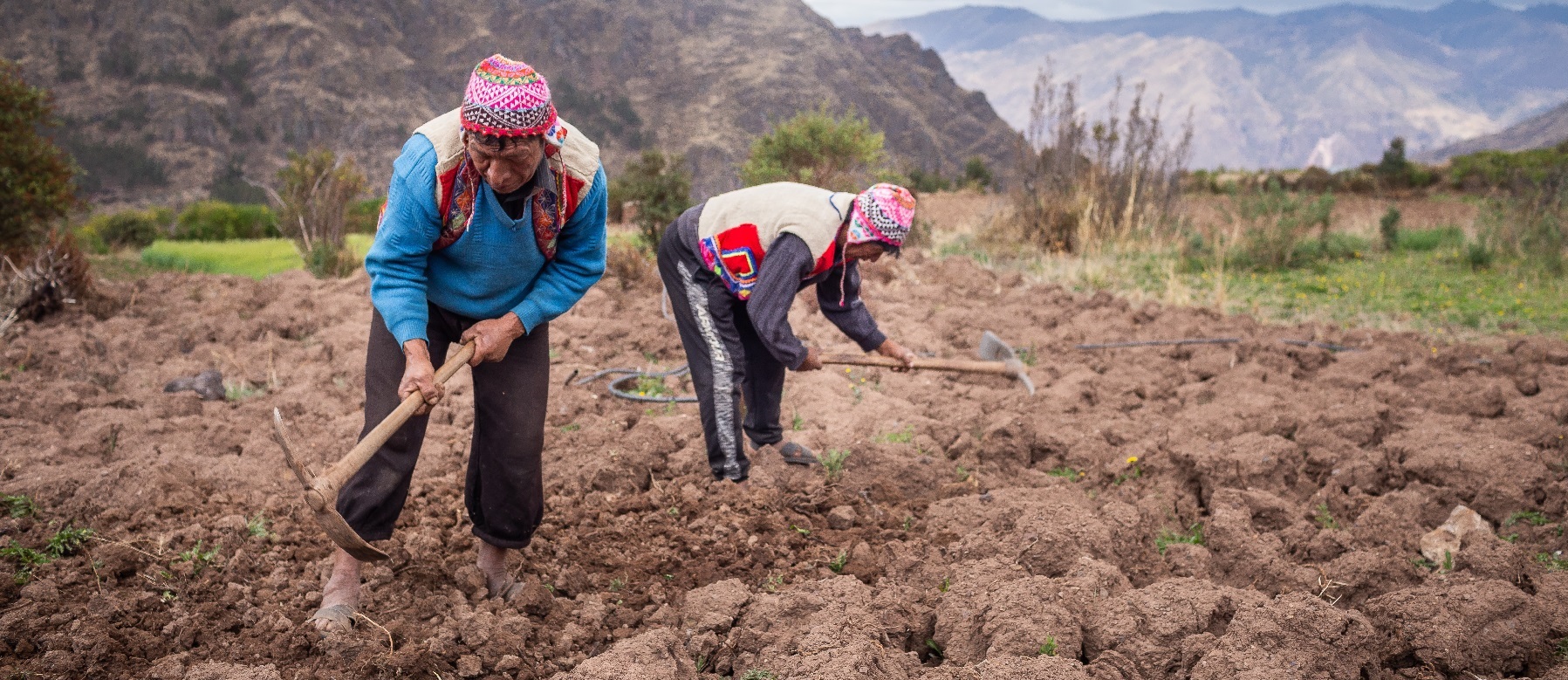
© Humundi
People must be given the means to act. Every year, 1,000 more people support us because they trust us to make a difference. This reflects the various barometers of people’s concerns, both in Belgium and in Europe: for instance, most Belgians still think it’s more important to invest in development cooperation, and climate change continues to be a key concern. So the choices made by politicians don’t seem to align with people’s priorities.
That’s why it’s not a stretch to say that making a donation or investing money differently today is a genuine act of resistance.
Benoît de Waegeneer, Secretary General of Humundi
You’re organizing a campaign together to mark Alterfin’s 30th anniversary. What’s the campaign’s message?
B.W.: We’re delighted to be joining forces with Alterfin for this campaign, as it’s a wonderful opportunity to highlight Humundi’s economic role. We always have so many things to discuss with Alterfin and, of course, we’re going to continue to push one another to improve.
C.G.: Humundi joined the Alterfin adventure from the very start and it’s always made total sense for us to work together.
As for the message, it’s simple: now that governments are doing less, we need to do more, together!
TestimonialS
FAQ title
FAQ description
Humundi, Rikolto & Alterfin Campaign
Join us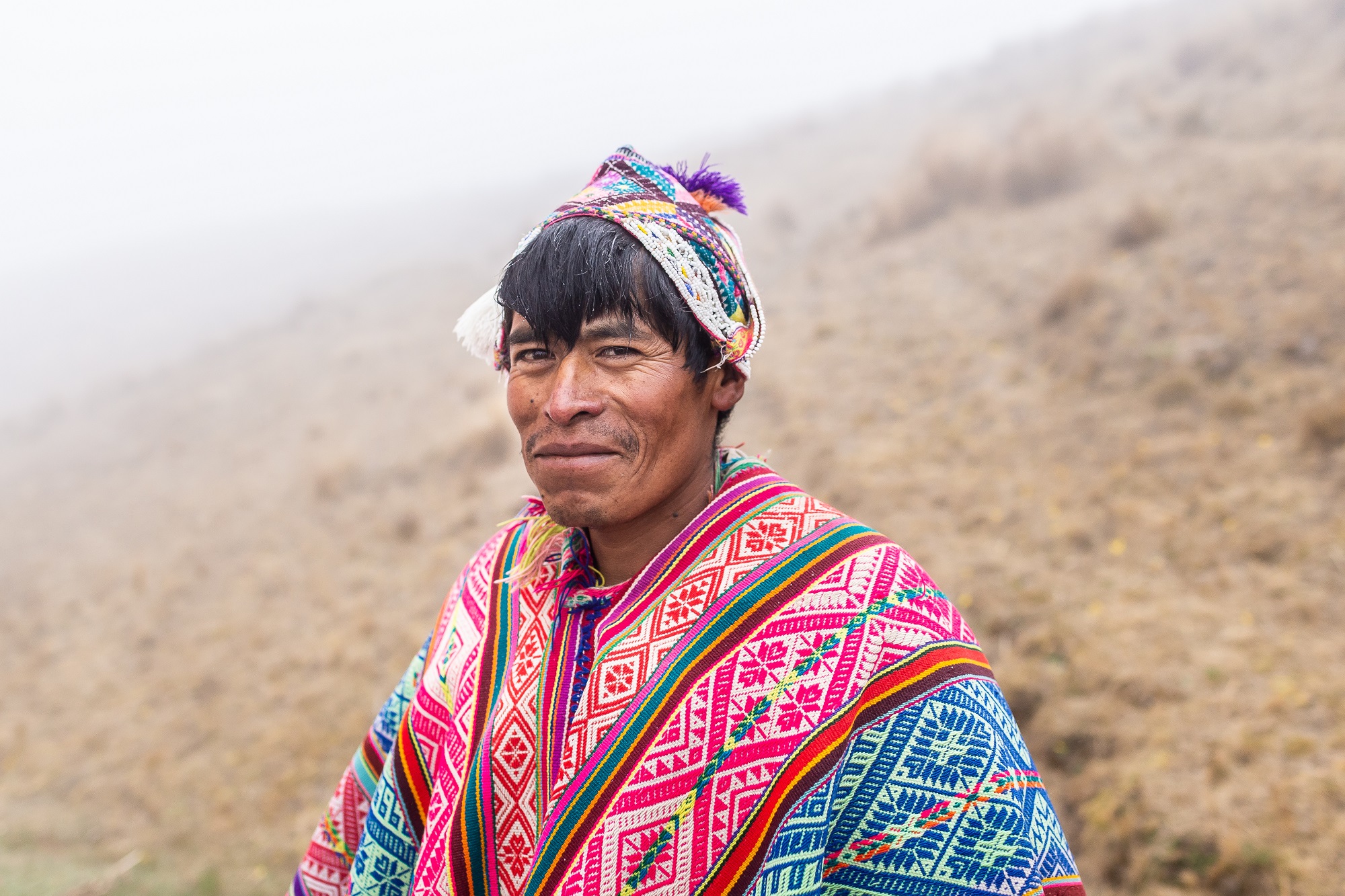
more news from alterfin
DIDN't find what you're looking for?
Read our FAQs or contact us.


.jpg)
